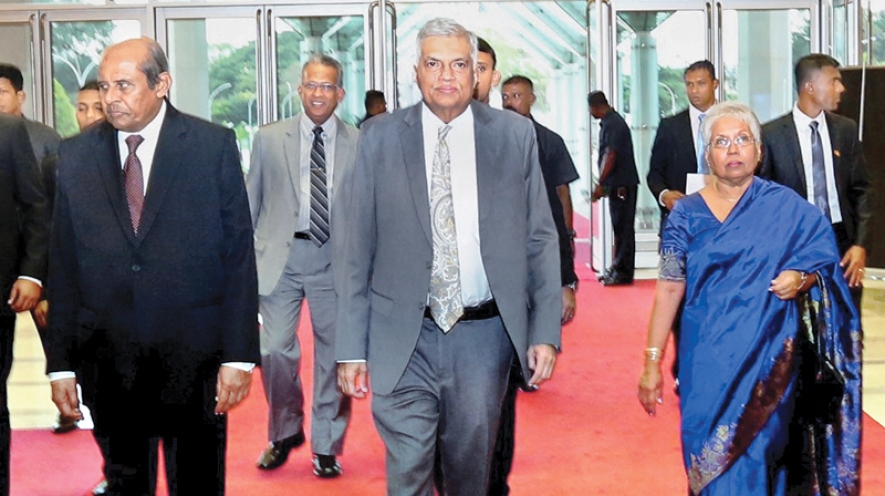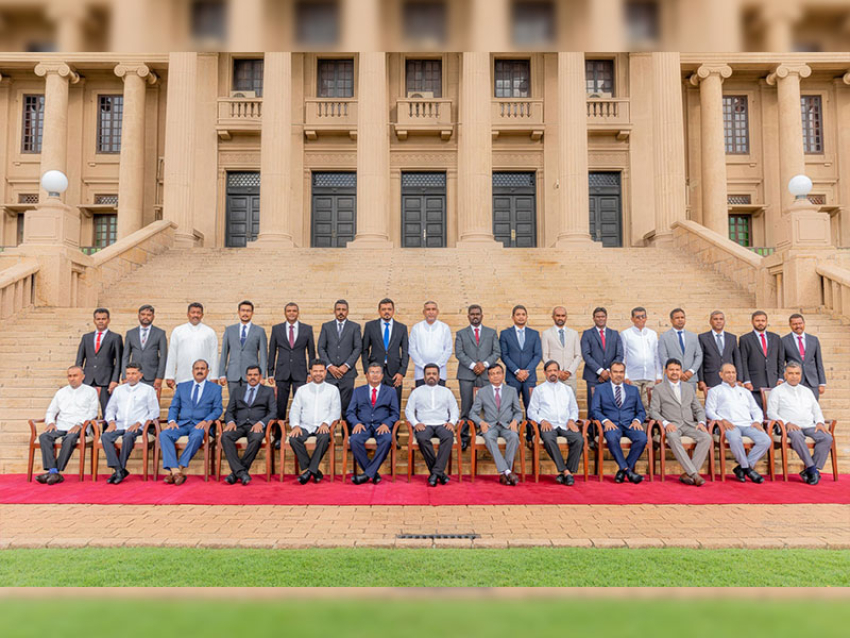“The most important Sea Lines of Communication (SLOC) runs past Sri Lanka making it a strategic location for the control and safety of the sea lanes and communication lines. It gives Sri Lanka the opportunity of becoming the Hub of the Indian Ocean as well,” he said. “The control of the strategic foothold of the SLOC and choke points in the Indian Ocean enables the control of energy which has resulted in a number of geopolitical issues,” the Prime Minister said.
This he said includes China recognizing its strategic vulnerability, US being concerned of Chinese expansion in the Indian Ocean and India concerned about a possible change in status quo.“This political interplay in the Indian Ocean is in danger of becoming a major center of tension. A power struggle in the Indian Ocean will no doubt also adversely affect Sri Lanka’s objective of becoming the hub of the Indian Ocean.
Sri Lanka’s future prosperity depends on the stability of the Indian Ocean. A power struggle in the Indian Ocean also risks making the littoral states into spectators in the Indian Ocean,” he said.He reiterated that Sri Lanka has an important role to play in providing a space for discussions and consensus building on the freedom of navigation in the Indian Ocean and related issues such as maritime economy and environment. “Regional initiatives such as the Belt and Road Initiative, Indo-Pacific Strategy, Act East, Neighbourhood First, Free and Open Pacific and Indian Ocean, can all be treated as complementary. They can provide space for further integration of regional economies as well,” he said.
He said Sri Lanka’s participates in China’s Belt and Road initiative because it complements Sri Lanka’s own initiatives. “The maritime silk road further strengthens our role as the Hub of the Indian Ocean,” he said. “Following the end of the conflict in Sri Lanka, and related Human Rights issues that arose, Sri Lanka since January 2015, has introduced a new multi-pronged approach to re-position itself in the regional order.”AAAAAAA




















